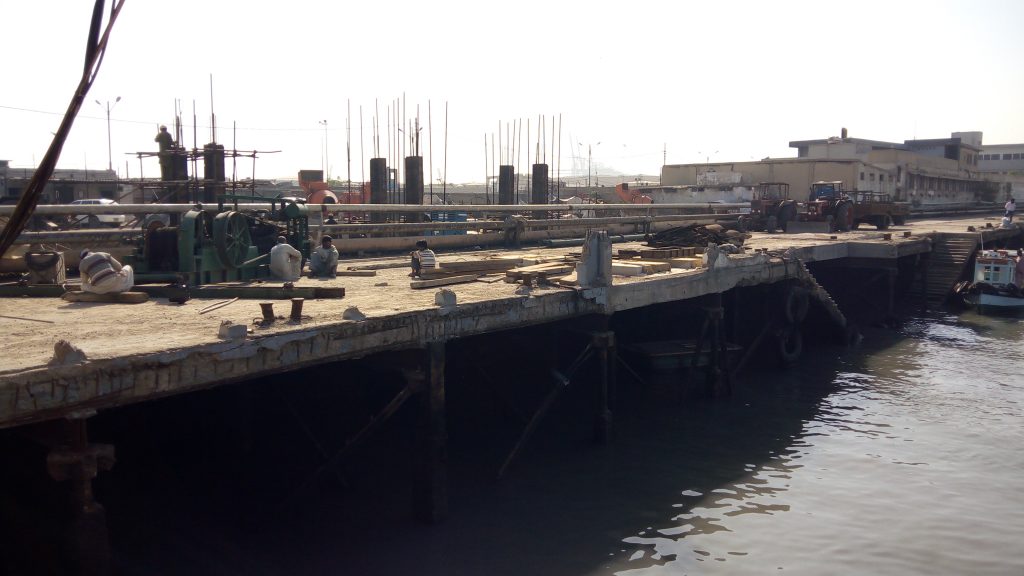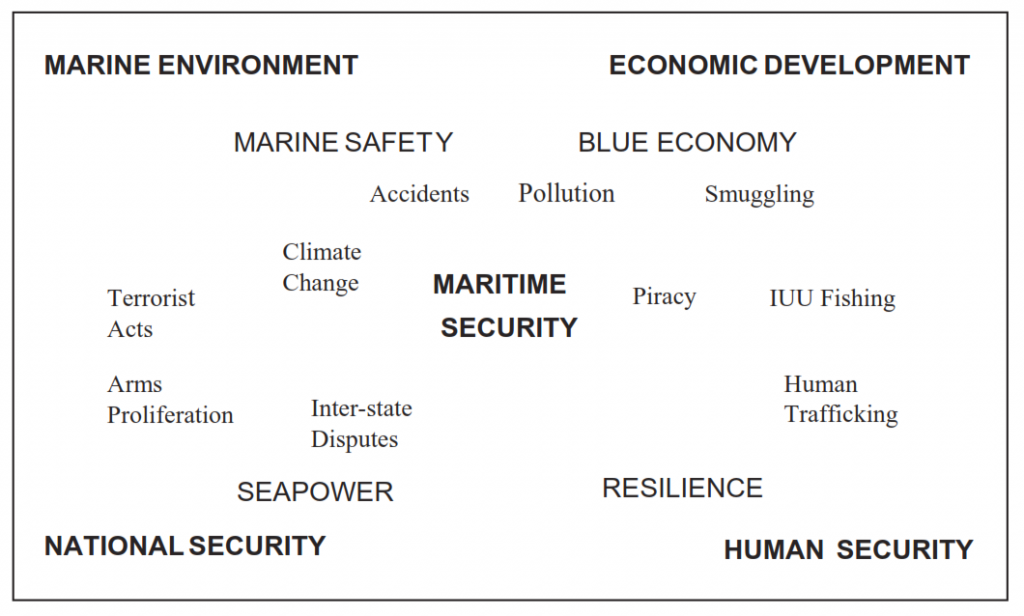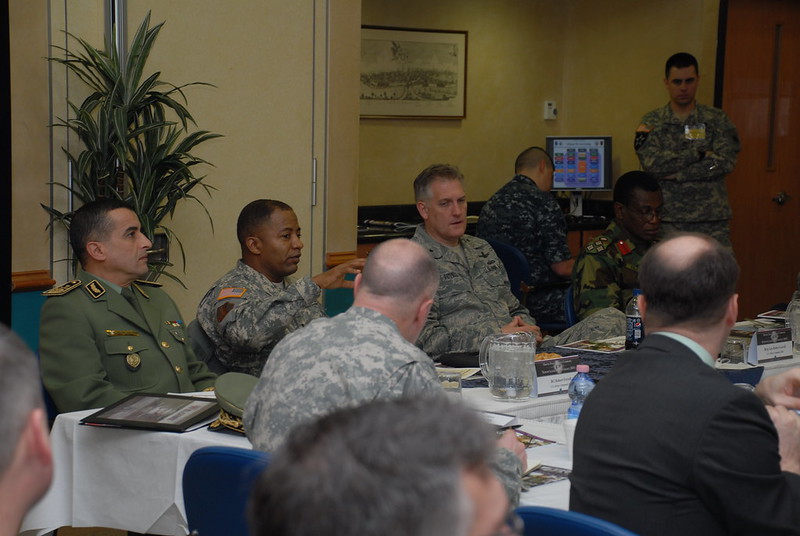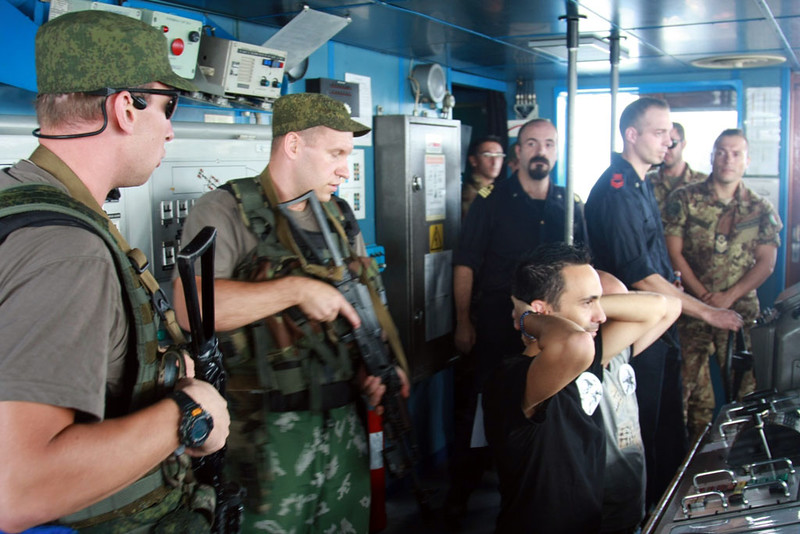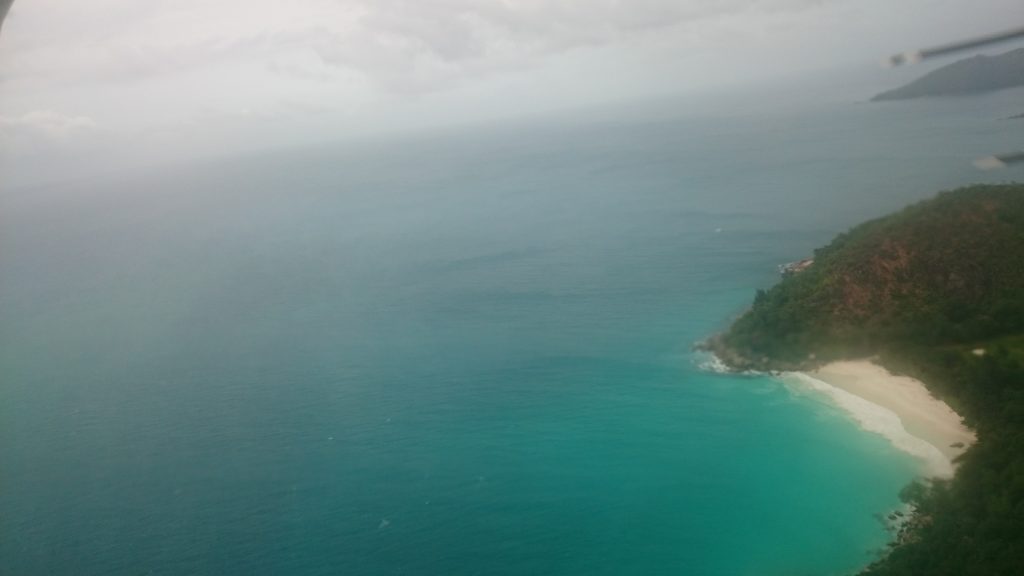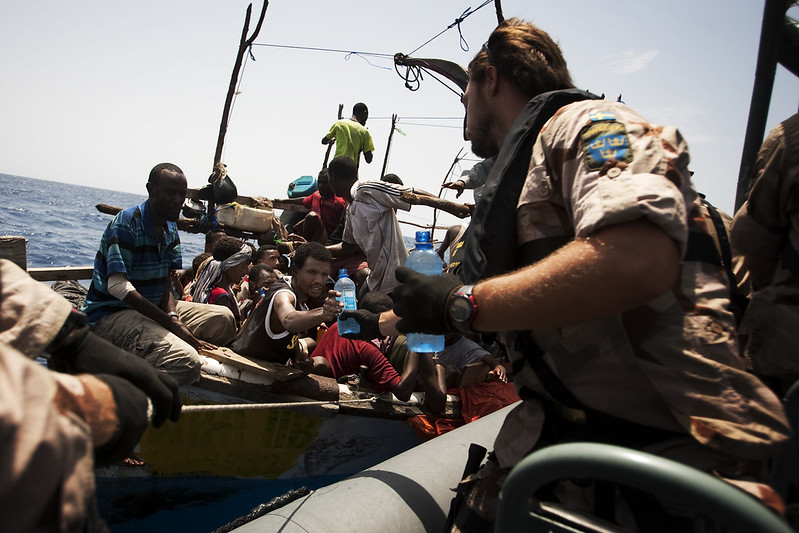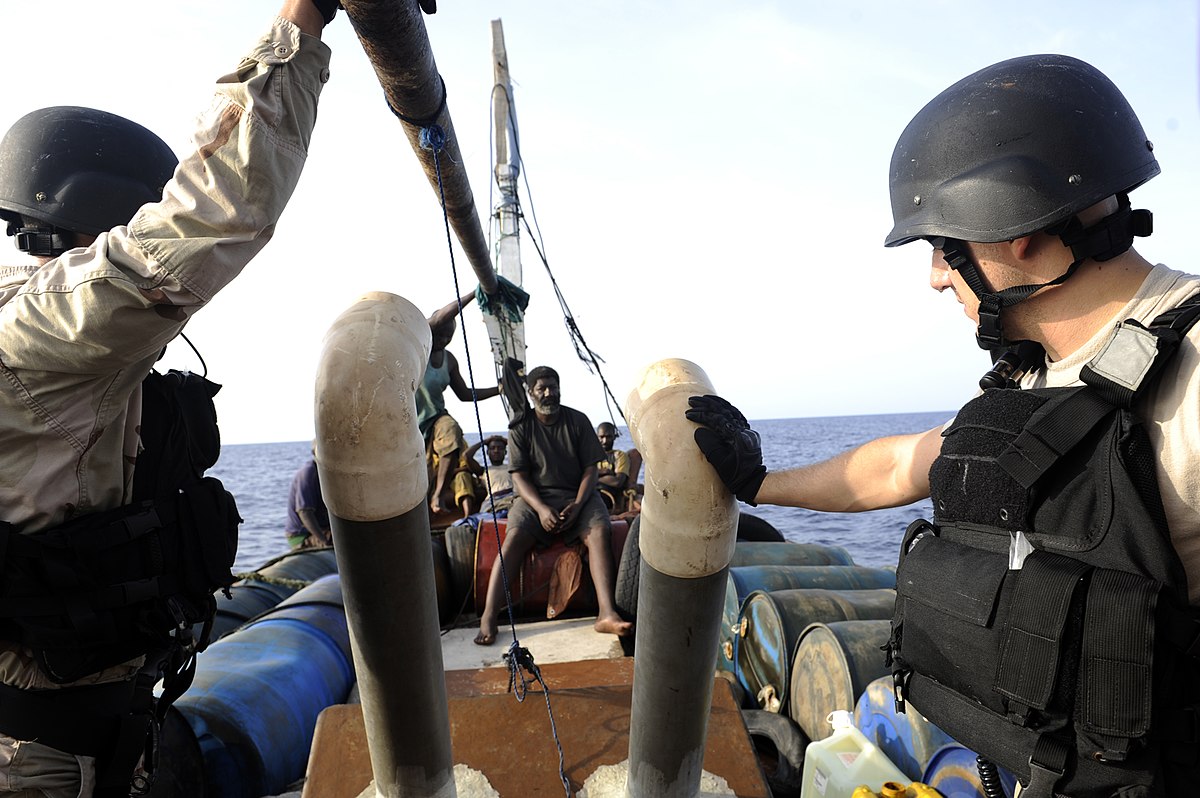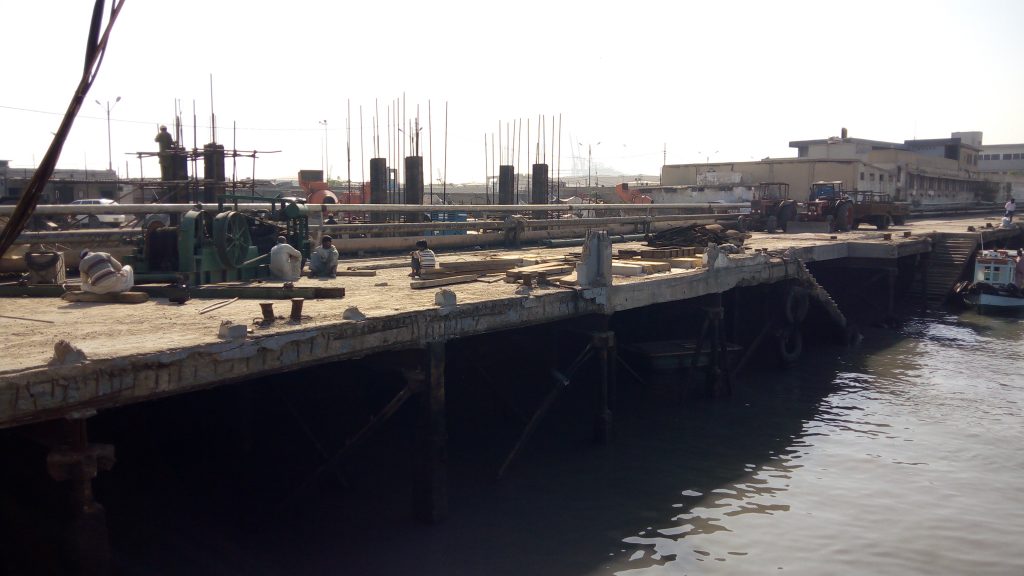 Concepts are not only descriptive of our activities, they are also prescriptive. They direct actions and provide a certain understanding of how things should be done. They stand for distinct (political) projects. The projects analyzed in SAFE SEAS aim at building capacity for maritime security. While the concept of maritime security has been discussed in a previous post, what does capacity building entail?
Concepts are not only descriptive of our activities, they are also prescriptive. They direct actions and provide a certain understanding of how things should be done. They stand for distinct (political) projects. The projects analyzed in SAFE SEAS aim at building capacity for maritime security. While the concept of maritime security has been discussed in a previous post, what does capacity building entail?
 Christian Bueger
Christian Bueger
Defining Maritime Security
Maritime Security is a buzzword and no consensual definition has emerged on the concept. The absence of a universal definition is not necessarily a problem given the political character of the term, and the need for having country and region specific understandings of what challenges maritime security poses. In outlining situation specific working definitions it is important to avoid two approaches: Firstly, the laundry list approach, in which the concept is defined as the prevention of a list of threats, which is not further prioritized. Secondly, the normative approach, which equates maritime security with an idealized understanding of “good order at sea” without specifying what this order is supposed to be or whose order it will be.
What’s wrong with the US Maritime Security Sector Reform Guide?
Recognizing that capacity building in the maritime security sector lacks guidance and is too often conducted in an ad-hoc manner, in 2010 several U.S. government agencies, including USAID, published the Maritime Security Sector Reform (MSSR) Guide.
A focus on functions
The goal of the guide is to assist countries in assessing their maritime security sector and reforming it. According to Tom Kelley (2014), former assistant secretary of the US Department of State, the MSSR guide intends to illuminate “the interdependency of the Maritime, Criminal Justice, Civil Justice and Commercial sectors and identifies the functions that any government must perform in order to deliver what its citizens might recognize as maritime security.” The guide specifies so-called “functions”, that is groups of related activities. Six main functions are outlined (Governance, Civil and Criminal Authority, Defense, Safety, Response and Recovery and Economy). These are then further divided in “sub-functions”.
NATO’s fight against Somali pirates: the end of an unsung success story
Last week operation ‘Ocean Shield’ terminated ending NATO’s six year mission to protect the sea lanes of Western Indian Ocean. Will the world miss the operation? Most likely not. Ocean Shields was one of the so-called “big three” missions fighting piracy off the coast of Somalia. Working hand in hand with the U.S.-led Combined Maritime … Read more
Knowing the Sea: The Prospects and Perils of Maritime Domain Awareness
Christian Bueger & Amaha Senu, Cardiff University How do we know the sea? How can we understand the activities at sea, as well as the dangers and opportunities the sea presents? Addressing these questions is important for enhancing the public understanding of the sea. But it is also vital for securing, governing and utilizing the … Read more
What Future for the Contact Group on Somali Piracy? Options for Reform
2016 marks the beginning of the transition of the counter-piracy response in the Horn of Africa. Many states have already significantly reduced their involvement in counter-piracy. Recent revisions of the counter-piracy architecture raise the question of what the future holds for the main coordination body, the Contact Group on Piracy off the Coast of Somalia … Read more
Contemporary Piracy as an Issue of Academic Inquiry: A Bibliography
Jan Stockbruegger, Brown University, & Christian Bueger, Cardiff University We have compiled a new version of the Piracy Studies Bibliography, which you can access as PDF here. The aim of this bibliography is to gather a comprehensive collection of academic works on contemporary (post WWII) maritime piracy, with a focus on academic books, journals and … Read more
Technological Solutions to the Piracy Problem? Lessons Learned from Counter Piracy off the Horn of Africa
Christian Bueger & Anna Leander Insights from a CRIC Seminar supported by CBS Maritime, Copenhagen Business School, 26 May 2014 The fight against Somali piracy has sparked a range of interesting innovations of how the international community approaches an international problem. This includes new means of international cooperation, such as the Contact Group on Piracy … Read more
In search for a mission? The EU’s regional training mission EUCAP Nestor
By Christian Bueger The European Union (EU) has been one of the driving actors of counter-piracy: EUNAVFOR Atalanta is one of the core naval force providers, the EU has been one of the core sponsors of the UNODC’s Counter Piracy Project, EUTM Somalia provides military training in Somalia, and the Critical Maritime Routes Program intends … Read more
The Decline of Somali Piracy – Towards Long Term Solutions
The decade of large scale piracy off the coast of Somalia appears to be over. For almost two years no successful hijacking attempt was reported. Has piracy off Somalia been eradicated once and for all? According to the latest report of the UN Monitoring Group pirates have not gone out of business, but into other (illicit) … Read more

